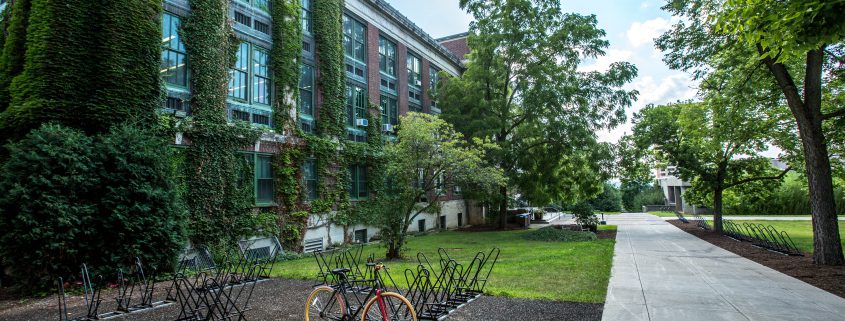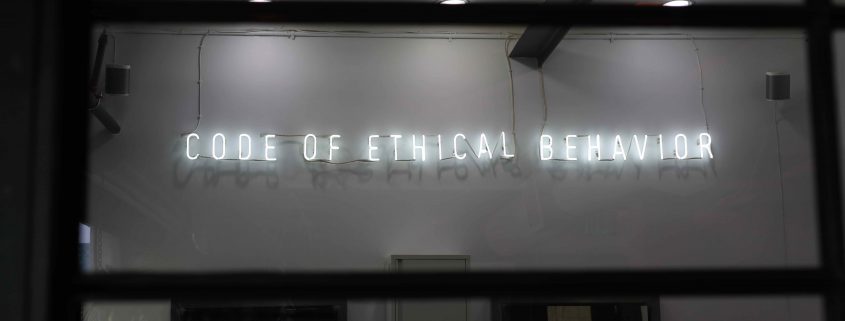When students have been accepted to colleges and have selected the college they will attend, they are focused entirely on their top pick – the college they are committed to and hope to call their home for four years.
The thing is, there is a number-two choice too. It is the college that didn’t quite make the cut. The thinking that differentiated the number-one from the number-two is interesting. While those top two colleges are adjacent on the student’s final list of desirable colleges, there is a vast difference between them. A binary decision has been made; the student will attend just the first choice, and not the second. So in a very real sense, the fact that a school made it into second place on a student’s list has no meaning at all. Because the student will not be going there, that school might just as well have not made the student’s list at all.
Differentiators between Students’ First and Second Choice Colleges
In 2017, Eduventures conducted a survey of more than 90,000 American students. Among other things, the survey explored how students view the differences between their number-one and number-two college choices.
The differences are fascinating.
- Regarding the quality of core academics, 95% of students rated their number-one college choice as good or excellent; only 78% of those students rated their number-two choice as good or excellent in this area.
- Regarding the quality of career preparation, 93% of students rated their number-one college choice as good or excellent; only 80% rated their number-two choice as good or excellent in this area.
- Regarding the quality of the school’s social environment, 90% of students rated their number-one college choice as good or excellent; only 75% rated their number-two choice as good or excellent in this area.
- Regarding the quality of the school’s physical environment, 89% of students rated their number-one college choice as good or excellent; only 72% rated their number-two choice as good or excellent in this area.
- Regarding affordability, 61% of students rated their number-one college choice as good or excellent; only 50% rated their number-two choice as good or excellent in this area.
What these Findings Mean for College Counselors
The findings imply that students overrate the virtues of their first-choice colleges and underrate the virtues of their second choices. Perhaps that is a natural thing for students to do. After all, they tend to frame their decision as the better choice between two colleges that were, in all likelihood, competitive in many ways.
But since your job as a college counselor is to help students make the wisest college choice they can, it could be helpful to ask students whether they have made a fair and realistic comparison of their first and second-choice colleges in the areas that the Eduventures survey exposed. How do their top two choices really compare in academic quality, career preparation, social and physical environments, and cost? Given those considerations, are your counselees certain they have made the wisest choice between the two?
And what about cost? The survey indicates that students generally see both their first and second-choice schools as expensive. That shows that in the area of cost, students and their families are being realistic. It also explains why many college picks are made after students learn about the financial aid they will receive.
To Learn More about How Students Pick Colleges
We invite all students to explore their career options by participating in our career and college studies. Students who complete the free career test for high school students will receive information on college and career opportunities which match their interests.










